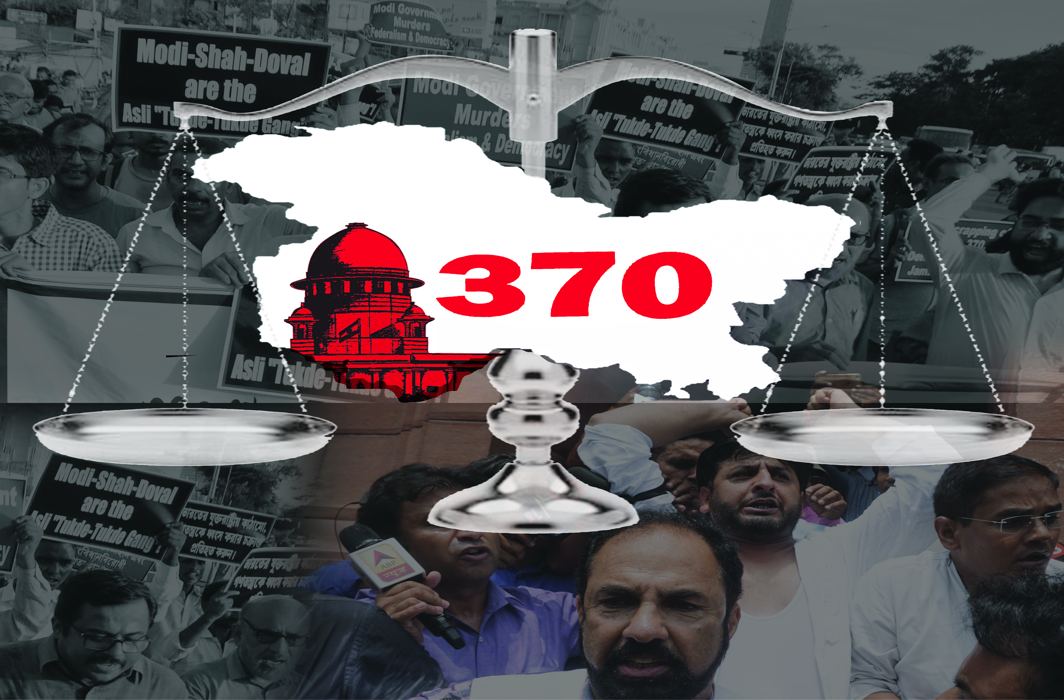In a bold call for political reform, MP Aga Syed Ruhullah Mehdi argues that faith, conscience, and accountability—not populism or power—should form the moral core of governance in Jammu & Kashmir.
By: Javid Amin | Srinagar | 10 July 2025
A Vision Rooted in Conscience
At a time when political discourse in Jammu & Kashmir remains entangled in cycles of disillusionment and electoral opportunism, MP Aga Syed Ruhullah Mehdi has emerged as a voice of moral clarity, calling for a return to politics guided by faith, conscience, and ethical responsibility.
In a recently published opinion piece, Mehdi writes:
“Faith isn’t just a private belief—it’s a public ethic. Our politics must reflect justice, modesty, and truth.”
His words have resonated deeply across Kashmir’s socio-political spectrum, striking a chord with a populace yearning for authentic leadership and principled governance.
Reclaiming the Moral Compass
Mehdi argues that mainstream politics in Kashmir has lost its moral center, becoming transactional, cynical, and alienated from public service. For him, faith is not about sectarian dominance, but a universal framework for justice, humility, and transparency.
He draws from Islamic teachings to make his case—particularly the legacy of Imam Hussain (as), whose defiance of tyranny at Karbala symbolizes resistance rooted in values, not vengeance.
“Imam Hussain’s stand was not about victory—it was about truth. Our politics must be the same.”
Faith as a Framework for Governance
Mehdi sees faith-inspired politics not as theocracy but as value-based leadership. He believes:
- Conscience must override political expediency.
- Accountability is a divine as well as democratic duty.
- Justice is the bedrock of both governance and spirituality.
This vision counters both the empty symbolism of political sloganeering and the danger of apolitical religiosity. It suggests that political leadership can be both devout and democratic.
“To claim faith without justice is hypocrisy. To claim politics without conscience is tyranny.”
Youth, Justice, and Responsibility
A core component of Mehdi’s political philosophy is Kashmir’s youth. He emphasizes that the younger generation faces a triple crisis:
- Unemployment and economic marginalization
- Drug abuse and mental health deterioration
- Disenfranchisement from political processes
“What do we offer our youth when we strip politics of purpose and faith of relevance?”
He calls for political leaders to become guardians of the future, not just contenders for power.
Politics of Resistance, Not Resentment
Rather than promoting a reactive or angry form of resistance, Mehdi invokes a value-centric defiance, where standing up to injustice becomes a spiritual as well as social act.
His politics draws from:
- Islamic principles of Amanah (trust), Adl (justice), and Taqwa (consciousness of God)
- The Quranic call to speak the truth even against oneself
- The ethical foundations of historical Islamic leadership, from the Prophet Muhammad (PBUH) to Imam Ali (AS)
This is not an appeal for political Islam, but a redefinition of politics through spiritual ethics.
Critical Thinking and Modesty in Power
Mehdi argues that true faith demands intellectual courage, not blind obedience. He opposes:
- Politicians who use religion to justify authoritarianism
- Movements that claim monopoly over moral authority
- Systems that suppress dissent in the name of order
Instead, he calls for a culture of critical thinking, modest governance, and intellectual humility.
“We need leadership that is willing to say: ‘I don’t know everything. I serve, I don’t rule.’”
Rebuilding Broken Institutions
Faith-based accountability, Mehdi says, can restore trust in institutions—from local panchayats to legislative assemblies. He urges:
- Transparent decision-making
- Honest communication with the public
- Merit-based appointments and decentralization
In his view, Islamic ethics and modern democratic values can co-exist and co-create a governance model tailored for Kashmir.
Public Response: A Mixed Yet Thoughtful Reception
While many civil society voices have praised Mehdi’s bold reimagining of politics, critics caution against the risk of romanticizing faith or alienating secular constituencies.
Journalist Arshad Wani:
“His message is rooted in values, not politics-as-usual. It’s a fresh voice Kashmir needs—even if you disagree.”
Professor Shazia Mir, political science expert:
“The line between moral guidance and moral imposition is thin. The challenge will be how inclusive this vision really is.”
Nonetheless, Mehdi’s essay has reopened vital conversations about ethics, leadership, and the role of faith in modern governance.
Looking Ahead: A Value-Driven Political Future?
Whether Mehdi’s ideas translate into policy or public movement remains to be seen. But his intervention is significant:
- It reconnects spirituality with civic duty
- It challenges Kashmir’s political elite to go beyond rhetoric
- It offers Kashmir’s youth a new language of engagement
At its core, Mehdi’s message is simple yet profound:
“We need a politics that listens more, speaks less, and serves always.”



